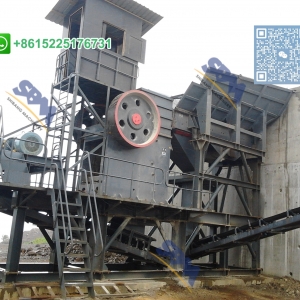In an age where sustainability and environmental consciousness are becoming central to consumer choices, bamboo toilet paper has emerged as an eco-friendly alternative to conventional toilet paper made from virgin wood pulp. Combining performance, comfort, and environmental responsibility, bamboo toilet paper is rapidly gaining popularity as a practical step toward greener living.

The Environmental Problem with Traditional Toilet Paper
Traditional toilet paper is typically manufactured from hardwood trees such as eucalyptus or spruce. The production process often involves:
Deforestation – Millions of trees are cut down annually to meet global toilet paper demand, contributing to habitat destruction, carbon emissions, and biodiversity loss.
High Water and Energy Usage – Manufacturing traditional toilet paper requires large quantities of water and energy, placing strain on natural resources.
Chemical Processing – Bleaching and chemical softening introduce pollutants that can affect both water systems and human health.
As consumers and corporations seek to reduce their ecological footprint, bamboo has surfaced as a viable, low-impact resource for essential paper goods.
Why Bamboo?
Bamboo is a fast-growing, renewable grass that can grow up to 3 feet per day in optimal conditions. Unlike trees, it regenerates from the same root system after harvesting, eliminating the need for replanting. This gives bamboo several sustainability advantages:
Rapid Growth – Matures in 3–5 years compared to 20–50 years for trees.
Minimal Land Degradation – Grows in diverse environments without exhausting soil.
Low Water Usage – Requires significantly less water than tree-based crops.
No Pesticides – Typically grows without the need for chemical pesticides or fertilizers.

Benefits of Bamboo Toilet Paper
Eco-Friendly Production
Bamboo toilet paper is often produced with fewer chemicals and less energy than traditional alternatives, making it a more environmentally responsible choice.
Biodegradable and Septic-Safe
It breaks down quickly in water, reducing the risk of clogged plumbing and being ideal for septic systems.
Softness and Strength
Modern bamboo toilet paper rivals traditional brands in softness and durability, often being two-ply or three-ply to ensure a comfortable user experience.
Hypoallergenic Properties
Free from dyes, fragrances, and harsh chemicals, bamboo toilet paper is gentle on sensitive skin and ideal for people with allergies or sensitivities.
Challenges and Considerations
While bamboo toilet paper offers many advantages, there are still factors to consider:
Cost – Bamboo toilet paper is generally more expensive than conventional options due to smaller production scales and transportation costs (as most bamboo is grown in Asia).
Availability – Although growing in popularity, it may not yet be widely available in all regions.
Packaging – Some brands still use plastic packaging, which may offset some of the environmental benefits.

Wrap Up
Bamboo toilet paper represents a thoughtful shift toward sustainable living. As more consumers prioritize eco-friendly choices and the market matures, the availability and affordability of bamboo-based hygiene products are expected to improve. By choosing bamboo toilet paper, individuals can make a small but impactful contribution to reducing deforestation, conserving water, and promoting a more sustainable future—one roll at a time.






